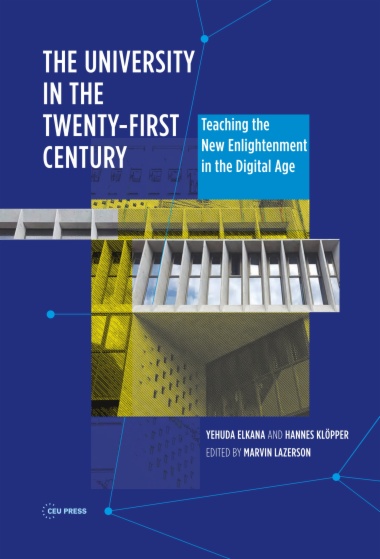This volume addresses the broad spectrum of challenges confronting the university of the 21st century. Elkana and Klöpper place special emphasis on the questions regarding the very idea and purposes of universities, especially as viewed through curriculum—what is taught—and pedagogy—how it is taught. The ideas recommended here for reform concern especially undergraduate or Bachelor degree programs in all areas of study, from the humanities and social sciences to the natural sciences, the technical fields, law, medicine, and other professions. The core thesis of this book rests on the emergence of a 'New Enlightenment', which requires a revolution in curriculum and teaching in order to translate the academic philosophy of global contextualism into universal practice or application. The university is asked to revamp teaching in order to foster critical thinking that would serve students their entire lives. This book calls for universities to become truly integrated rather than remaining collections of autonomous agencies more committed to competition among themselves than cooperation in the larger interest of learning.

